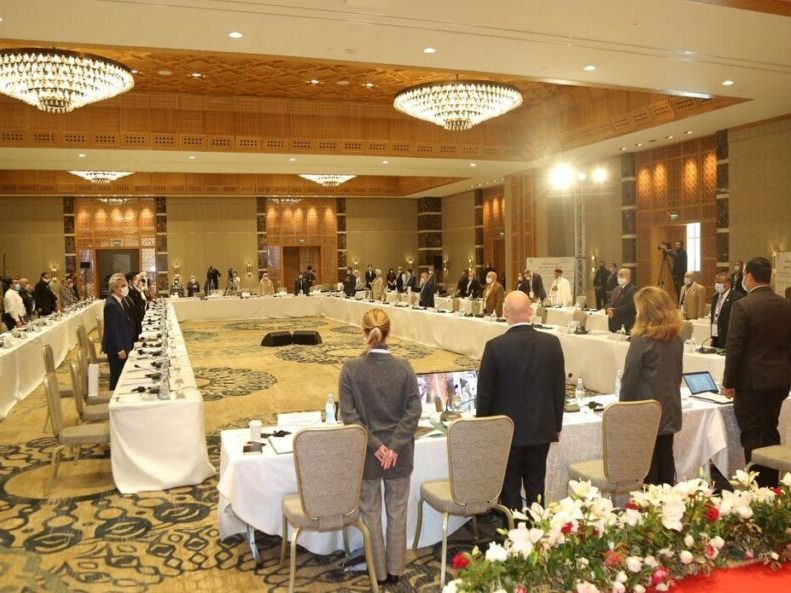GENEVA (AN) — Libya’s two main warring factions agreed to hold nationwide elections for the presidency and parliament on December 24, 2021, the U.N. acting envoy for Libya, Stephanie Williams, told a news conference on Friday.
Libya has been split between rival governments and militias vying for power and oil since the 2011 NATO-backed uprising deposed and killed longtime dictator Muammar Gaddafi. Williams said the elections scheduled for next year are needed to elect a "new executive to unify the country" along with "an effective and unified government of national unity."









